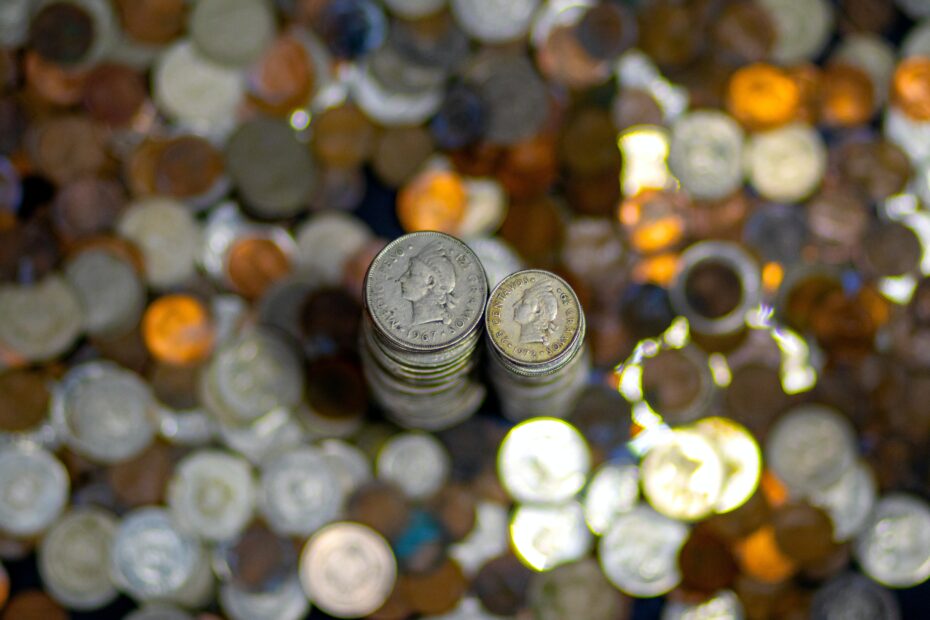Money Funds are Safe, But They Do Not Have Guarantees or Insurance
Banks offer money market accounts; they are deposit accounts designed to earn interest rates higher than savings accounts. Money market deposit accounts are insured by the FDIC. However, money market funds are not the same as money market mutual funds.
Money market funds are mutual funds designed for conservative investors to earn interest by buying short-term, low-risk Treasuries, commercial paper and bonds. Although they are very safe and invested for capital preservation, they are not covered by the FDIC.
FDIC Insurance for Bank Money Market Accounts
FDIC insurance protects each individual’s deposits at a bank up to $250,000 until December 31, 2013. After 2013, the FDIC limit will revert back to its original $100,000 limit unless it’s changed again by Congress. Those who have cash that exceed these limits may want to consider diversifying cash investments with money market mutual funds, which also strive for capital preservation and safety.
Safety of Money Market Mutual Funds
Although money market funds strive to maintain a $1 per share value at all times, they are not obligated to do so. Very few money market funds have gone below $1 per share, otherwise known as “breaking the buck.”
Money Market Fund Yields
Money market funds typically earn more interest than money market accounts. However, they are not protected by any government insurance program. Money market mutual funds sold by banks are also not insured by the FDIC.
In September 2008, the US Treasury instituted a temporary guarantee program for money market funds that were already invested just before the financial crisis hit. This temporary guarantee expired in September 2009.
In 2009, interest rates on cash investments were very low due to Federal Reserve rate policies. The interest rate spread between bank money market accounts and money market funds was nearly zero. Due to mutual fund expenses in a near zero interest rate environment, many bank money market accounts paid more than money market mutual funds that did not waive fund expenses.
Government and Municipal Money Market Funds
There are money market funds that invest only in US government securities. They are known as US government money market funds. Money market funds that invest only in US Treasuries are the safest. Although the underlying investments are guaranteed by the full faith and credit of the United States government if held to maturity, there are no guarantees on the mutual fund itself. The fund could “break the buck” if it sold securities prior to maturity at a loss, although this is highly unlikely.
There are also single state money market funds and municipal money market funds that invest in securities guaranteed by state and local government agencies. One big advantage to those funds is that they’re federal and state tax free for most taxpayers. They often advertise high rates of return when compared to pre-tax equivalent yields. Those who are subject to the Alternative Minimum Tax (AMT) should consult their tax advisor because the state and municipal money market funds may be subject to the AMT.
Investors with excess cash need to consider the advantages and disadvantages of investing in money market funds. Although they are very safe, they do not come with guarantees. Those who absolutely need to have FDIC protection in exchange for a hit on interest rate should consider FDIC insured money market accounts. Websites such as bankrate.com have up-to-date information on the best money market funds as well as the best money market deposit accounts at banks.
